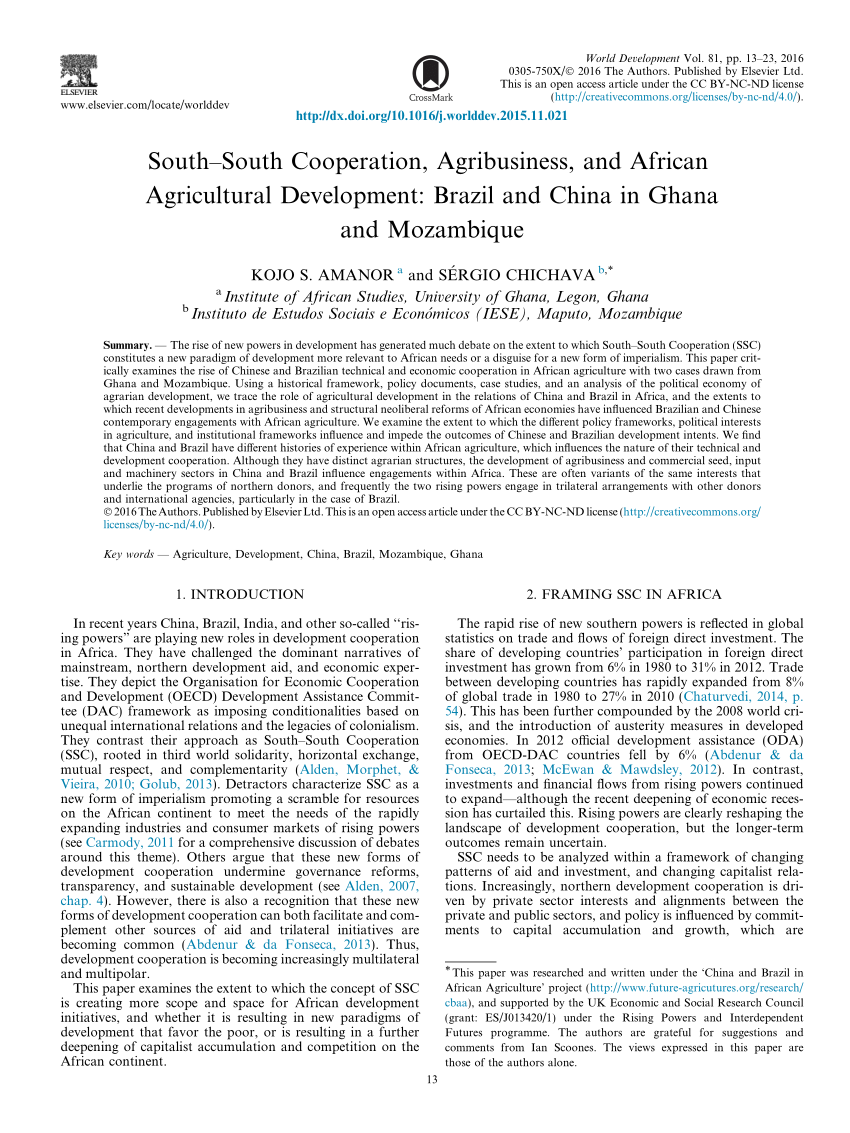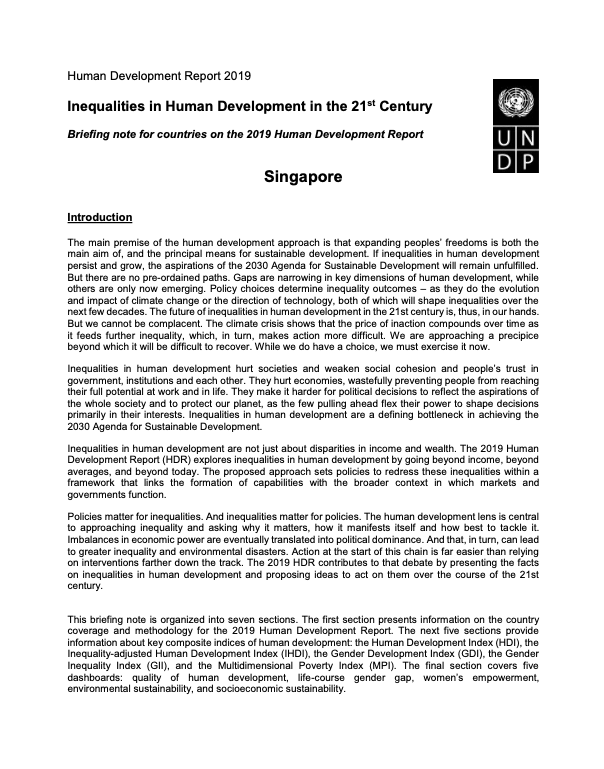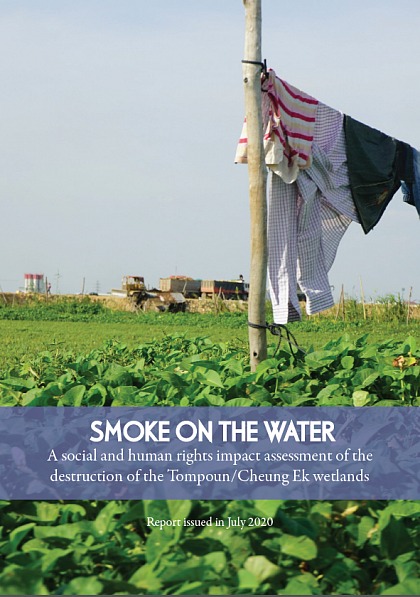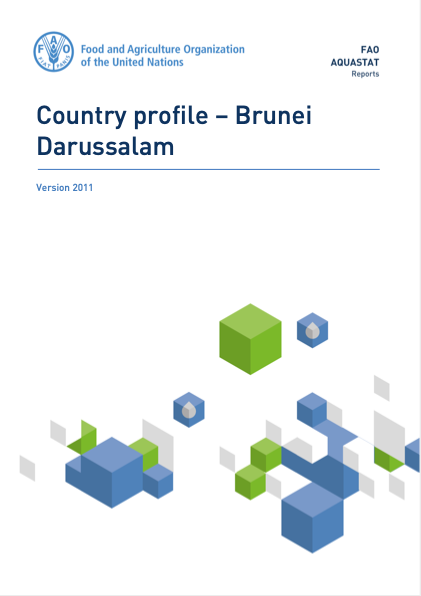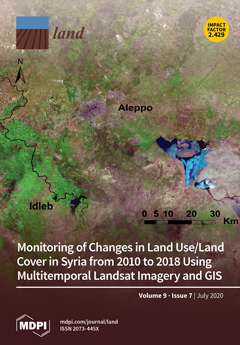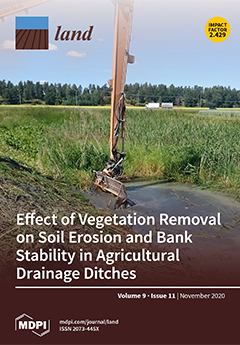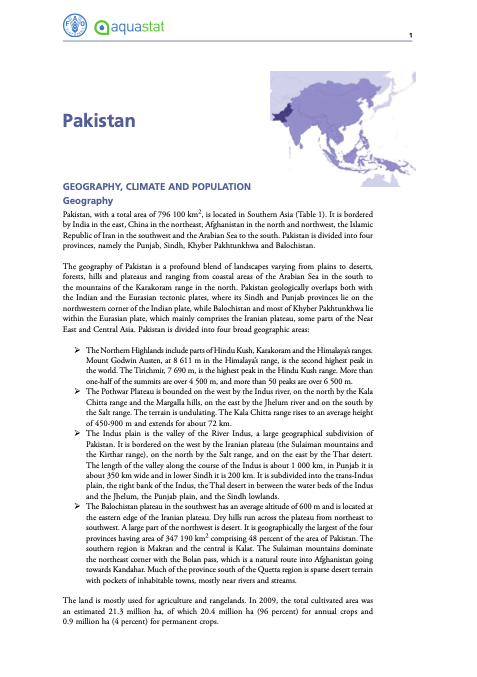Report: Risk & Resilience: Advancing Food and Nutrition Security in Nigeria through Feed the Future
This report examines the challenges and opportunities of Feed the Future, the U.S. government’s global hunger and food security initiative, working in the complex political, economic, environmental, and cultural context of Nigeria. With the initiative moving into its second phase, adding resilience as a strategic objective and including more fragile target countries like Nigeria, Feed the Future needs to evolve its model to meet the needs of the world’s most at-risk populations.

